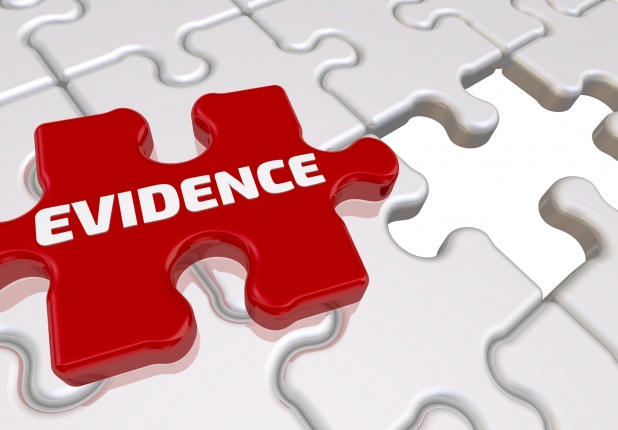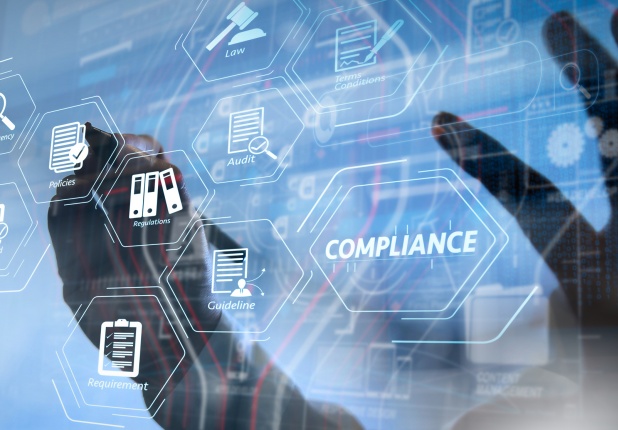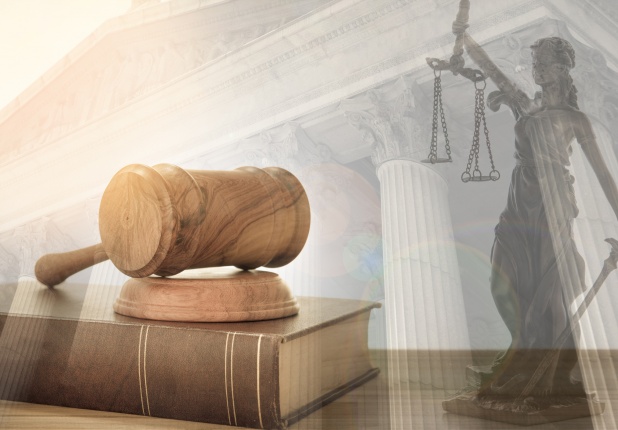Planting the Seeds of Accountability for Spoliation Sanctions
When seeking sanctions for spoliated evidence, the nature of the evidence and your jurisdiction can play a pivotal role. Are you in state or federal court? Is the missing evidence electronically stored information or not? The same facts and circumstances could yield vastly different outcomes depending on the answers to those questions. It is important to recognize up front, at the start of your case, how your jurisdiction may impact discovery issues that could arise later down the road so that you can plan accordingly. In the case in this post, while the court did not ultimately affirm the imposition of an adverse jury instruction for spoliation of evidence, it did find a duty to preserve existed based not only on the parties’ contract, but on evidence the party in question had promised to preserve such evidence. By contrast, the insurers failed to demonstrate that same party owed them a duty to preserve.



